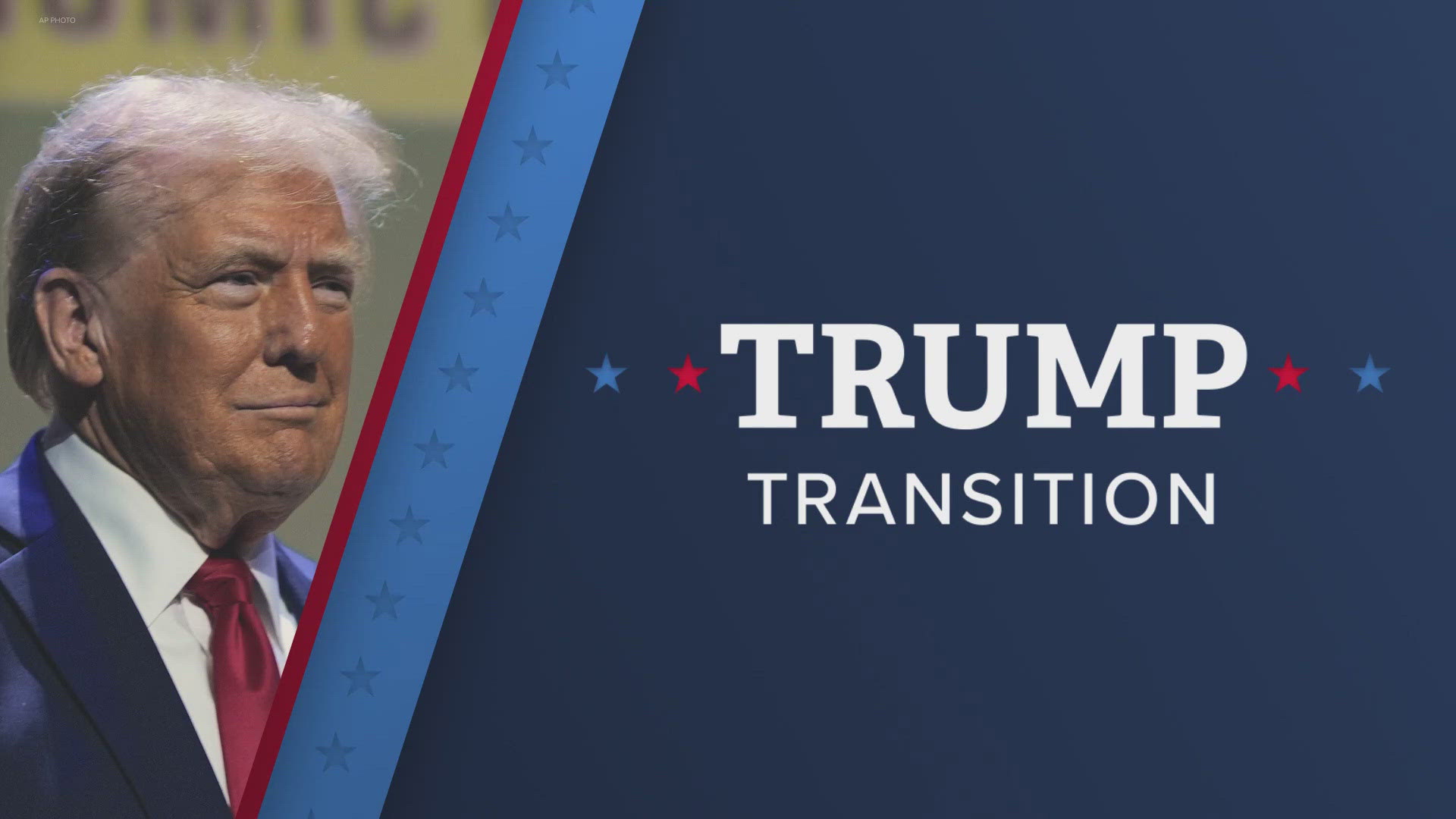WASHINGTON, D.C. (WUSA) --- When does an innocent compliment to a fellow passenger on public transportation cross the line and become an unwanted case of sexual harassment? It's an issue the group Collective Action For Safe Spaces takes before City Council this week to ask that METRO begin a public service campaign to inform riders what they can do when they feel sexually harassed and to let riders know what does cross that line.
"(Collective Action) has been receiving hundreds of stories for the last two years from the residents of DC, and about 30 percent of those stories have taken place on Metro busses, on the trains, and at the platforms," said Holly Kearl in a Tuesday evening interview with 9News Now.
"We're talking about really vile things like public masturbation, like being groped, like having men come up behind women when it's not a crowded train and getting up in their space and rubbing up against them. It's unwanted sexual comments. It's being persistently asked for a date after you've said no and then being followed car to car when you try to get away from them," Kearl said.
It is not always a clear case.
"Sometimes when it's really crowded and you're kind of touching other people, or bumped up against them because its really crowded, and you feel something below your waist and you say was that really necessary? I mean there's a little question of, well, is it because it's crowded or is it because someone is taking advantage of the situation?" asked one Metro rider at Tenleytown Tuesday evening.
But there are some clear cases.Metro says it arrested 22 suspects last year in sexual crimes that ranged from a single rape in the system to 41 sexually-related assaults and 40 cases of indecent exposures, proposals or acts.
Because the Metro system provides 344 million trips a year, Metro Spokesman Dan Stessel concludes that "It really isn't a big issue."There are a minuscule number of incidents of actual crime," he said.
"Right, well that ( the statistics) was actually just of sexual assault and indecent exposure.
"They actually don't track the verbal harassment which we feel is much more common and also we feel that that 84 incidents report is really low because most people don't report sexual assault, period.
"And then, also, a lot of people don't know where to report it or how to report it, or what their rights are.
"So, that why we think that we need a PSA ( Public Service Announcement ) campaign right here in the DC area," Kearl said.
"We have three main recommendations.
"One: we think that they need to track the sexual harassment incidents that are happening, not just the sexual assault incidents.
"Two: we really want to see a PSA campaign. Boston, Chicago, and New York City already have sexual harassment campaigns on their subway systems and we want that so people know that they shouldn't harass, first of all, and then people who are harassed can know where to go, what number to call, what to do.
"Third: we would like to see more training for transit workers around these issues, sensitivity training if you will," Kearl told 9News Now.
Katie Broendel commutes from her upper Northwest neighborhood to her downtown job by using a bus, "and there was a Metro bus employee standing outside the bus, probably on break or something like that ,and he said something to me I didn't hear it at first, and he said 'I'm going to disrespect you,' and I turned to him and I said 'excuse me' and he said it again 'I'm going to disrespect you today. I'm going to tell you that you are a pretty young lady,' and I had the reaction of, well, if you know this is crossing the line, then why did you say that?" she asked.
Broendel said she had not given the idea of sensitivity training for public transportation employees much though, but could see the merits, given her experience with that bus driver.
Another woman seemed confused about the best way to handle harassment.
"I'll be on the Metro, you know, headphones in, just reading a book, minding my own business and people come up to me and say 'Hey, baby! You look good tonight." What am I supposed to do?" she asked.
Public Service Announcements posted on trains, buses, and in stations would provide an answer, advocates say, by spelling out procedures and offering phone numbers passengers could call for help.
One person's harassment is another person's flirting.
If someone feels harassed, they should bring it to the attention of Metro Transit Police and we will follow up," said Metro Spokesman Dan Stessel.

